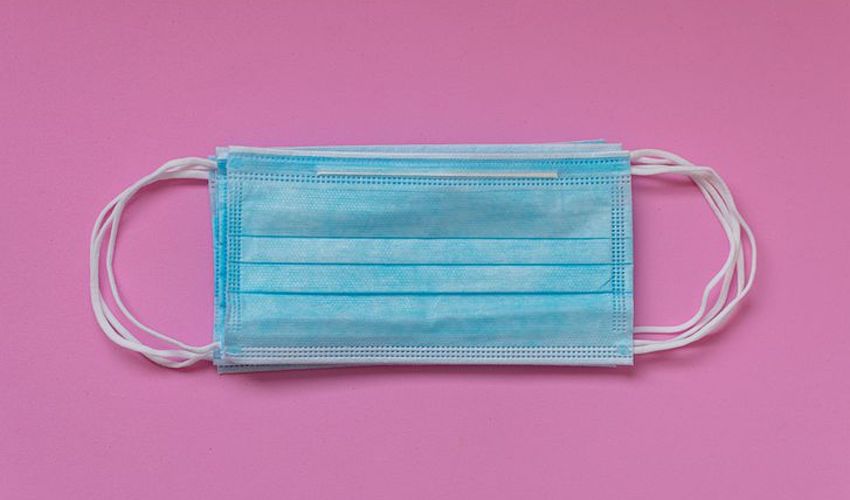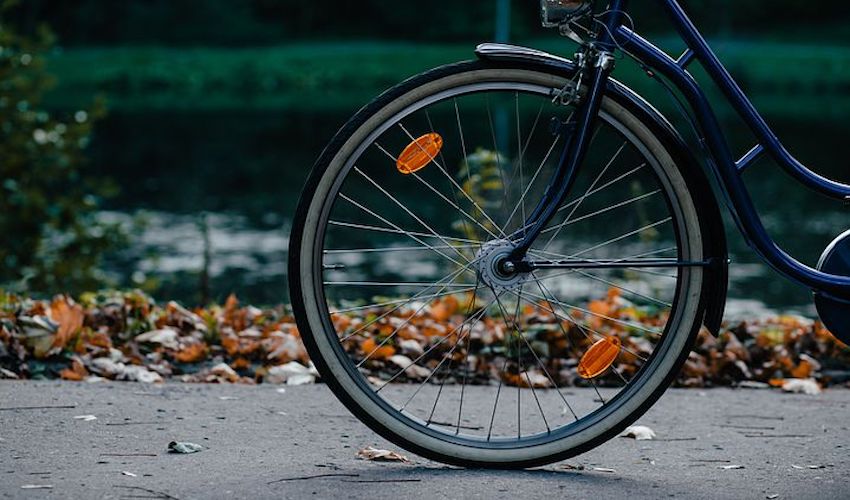


As ever with this year, the pandemic has presented us with an issue that a few months ago was not at the forefront of anyone’s mind.
Anyone who has ever done a school mini-debate has argued for or against the question of whether we should still have school uniforms.
However, covid-19 has given us another dimension to this age-old question, as the UK MP Andrew Lewer has warned that traditional, branded school uniforms are at risk of being banned in an attempt to control the spread. That would mean things like blazers and ties that cannot be washed every day would disappear from schools.
He cited Professor Linda Bauld, a public health expert at the University of Edinburgh, who said: “There is no doubt that [covid-19] can land on fabric and remain for some time – that’s why NHS workers either leave their clothes in a secure area or wash them as soon as they get home. However, school is not a high-risk environment and I certainly don’t think that kids can’t wear a blazer because it does not get washed every day.”
Now, I am certainly no public health expert - but from where I’m standing I would say that if you are carrying the virus on your clothes like a miniature hitchhiker then that means that you must have come into contact with the virus. Surely there is a relatively decent chance that you have the virus so it doesn’t really matter whether it’s on your clothes or not because you’ll be spreading it anyway? So, really, banning branded blazers isn’t going to help you that much in the long-run at all.

Pictured: There are more effective ways of stopping the spread of the virus than banning blazers.
All of this follows suggestions that washing uniform everyday should be imposed as a rule for all students but that it is not possible for many people to wash uniform and iron it every single day. So, by getting rid of branded uniform it would be possible for people to buy a series of cheap shirts and then could effectively wear a different one everyday and then bundle them all into the machine over the weekend.
Aside from the question of how on earth they would enforce that (my vote would go to developing some sort of metal detector that could tell you whether the clothes being worn by the student walking though it have been washed in the last 24 hours or so. This would, of course, be accompanied by an obnoxiously loud alarm system designed to name and shame the students who were unable to make it though this ‘virus security’.) I would also like to point out how much this would contribute the the rapidly growing ‘fast fashion’ industry.
After a very brief Google search, which took no effort at all, I found that:

Pictured: The global water footprint of the average UK household's clothing is enough to fill 600 bathtubs
Surely, the last thing we need is more lines of clothing produced and sold for nothing that fall apart in a matter of months and are discarded as quickly as one of Donald Trump’s employees?
However, whether the uniforms that students are forced to wear for roughly 1,330 hours a year are the right ones, I’m not sure.
You see, I don’t know if you’ve read the Government's Sustainable Transport Policy - I would not recommend doing so as it was one of the most dull experiences of my life - but if you have, you may remember when it told you that the Government will "find new ways for children to travel safely to school, including re-prioritising road space in town, rolling out Bikeability training (cycling proficiency) to every school and investing an additional £470,000 in school travel initiatives." This, of course, sounds amazing. It’s good for the environment and it encourages more exercise for kids - win-win, right?
Well, one thing that you probably don’t know about me is that I attend JCG. I also enjoy cycling and would be quite happy to cycle into school every day, but I don’t know if you’ve ever attempted to cycle in JCG school uniform because it is not a pretty sight. On my very limited series of attempts, I believe I was likened to Bambi on ice more than once with several choruses of, “You do realise that if you can’t move your legs then you can’t peddle the bike, right?” as well as a number of poorly disguised sniggers.
Whether I am wearing winter’s scratchy, ill-fitting skirt (which is somehow both a pencil skirt and pleated?) or summer’s oddly designed dress, cycling is not an option. In order for me to be able to cycle in to school and keep my dignity intact, the school uniform would have to change - something that I have been told is in the works my entire school career.

Pictured: School uniforms have to change to allow students to cycle to school
So, school uniforms, yes or no? Well, my vote wouldn’t go to either, not as the options stand. Getting rid of branded uniform all together is about as environmentally friendly as plastic cutlery, but that isn’t to say that they don’t need to change.
If we are to continue wearing school uniforms then I think that they need to change to accommodate the way that life works in the 21st century. I could sit here for hours describing all of the issues with the various uniforms that have been foisted on me over the years but I fear that you do not have the patience for that.
So instead I will simply ask you this: if John Le Fondré expects me to cycle to school every day in the uniform I have at the moment, then surely it would only be fair for him to put on an itchy grey skirt and lumpy red jumper and go first, right?